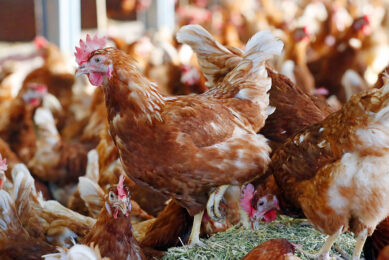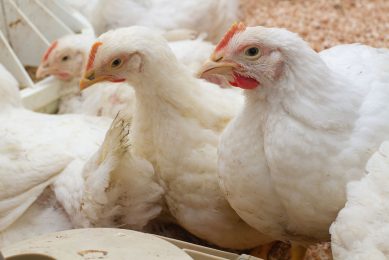Russia’s nationalisation of feed methionine plant: Former owners warns of fallout

Volzhsky Orgsintez, Russia’s only feed methionine producer, could see its operations disrupted after the government seized control over the asset, Alexander Sobolevsky, former owner of the plant warned in a lawsuit filed to the Volgograd regional court in a bid to get this decision cancelled.
In August 2023, a Russian government agency, Rosimushestvo, got Volzhsky Orgsintez under operational control after a regional court recognised the asset’s privatisation in the 1990s as illegal.
Volzhsky Orgsintez could be subjected to Western sanctions for the production of aniline, a raw material used in the chemical industry to manufacture a broad range of things, including explosives, Sobolevsky said, as quoted by a local news outlet Bloknot.
Production of military products
“Russian Prosecution Office directly states that it intends to use available capacities to increase the production of military products, which will inevitably entail the imposition of sanctions on Volzhsky Orgsintez,” Sobolevsky said.
Volzhsky Orgsintez used to be the largest Russian aniline manufacturer but wrapped its production in 2020, citing poor profitability in that segment.
Meeting national demand for methionine
With a capacity to manufacture 25,000 tonnes of feed methionine per year, Volzhsky Orgsintez meets most of the demand on the domestic market.
Biting sanctions
A threat of Western sanctions could be one of the reasons why the production of aniline has been mothballed by the company, Bloknot assumed.
In the lawsuit, the former owner demands that interim measures be taken in relation to the shares of the company, emphasising that “even a short, unjustified disposal of shares into the ownership of the Russian Federation will entail such significant negative consequences for Volzhsky Orgsintez that they cannot be promptly eliminated or eliminated at all even after return shares into the ownership of Sobolevsky.”
Western sanctions could appear to be quite painful for the plant, Sobolevsky warned. A number of foreign companies are suppliers and buyers of raw materials Volzhsky Orgsintez, and the sanctions could ruin all trade ties. In particular, foreign companies supplied the Volga residents with spare parts for fans, replacement slats for conveyors, spare parts for a packaging machine and an ozone generator for waste disposal, he added.
However, regional officials argue that the takeover should not negatively affect Volzhsky Orgsintez. “The enterprise is quite highly efficient, the products are in demand, so I believe that the court case will not affect either the production volume or its further work,” Sergey Zhukov, a Volgograd region lawmaker, commented.











